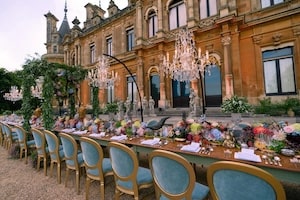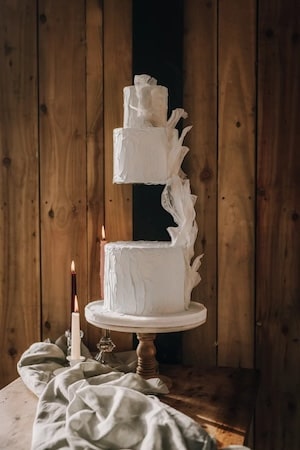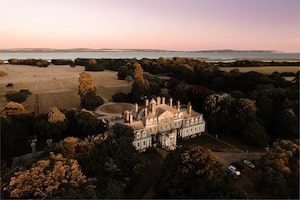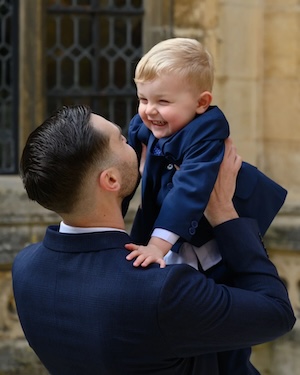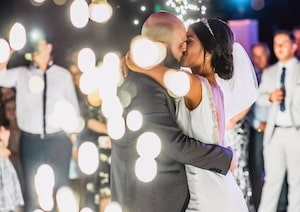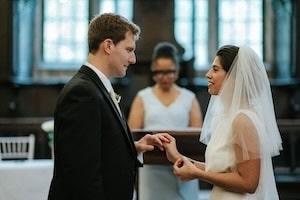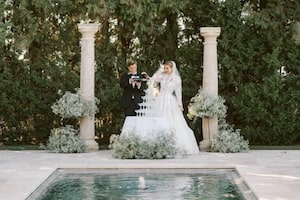
Wedding Planners To Look Out For in 2024
As we step into 2024, the wedding industry is abuzz with anticipation, and couples are eager to find the most skilled and creative wedding planners to bring their visions to life...
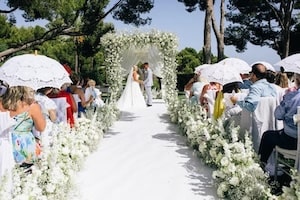
How To Plan Your Wedding
Who should be at your bridal party? What kind of flowers should I order? Which photographer is best for me? What type of cake do I want? It’s easy to get lost in all the details and forget about what matters most: this day will only come once...
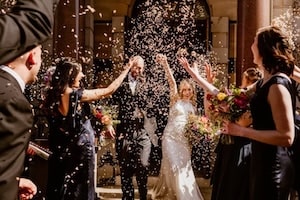
Photographers to Look Out for in 2024
Delve into the realm of wedding photography to bring you an exclusive showcase of the crème de la crème – the most exceptional wedding photographers for 2024....

Sustainable Wedding Planning
Love is in the air, and so is the need to protect our planet. In an era of growing environmental consciousness, it’s no wonder that couples are increasingly opting for sustainable weddings that harmonise their love for each other with their commitment to preserving the Earth...
Sign up & join the fun!
Join our Events Atelier community and subscribe to our monthly newsletters!



